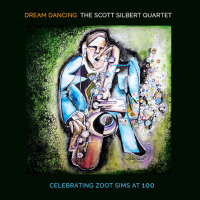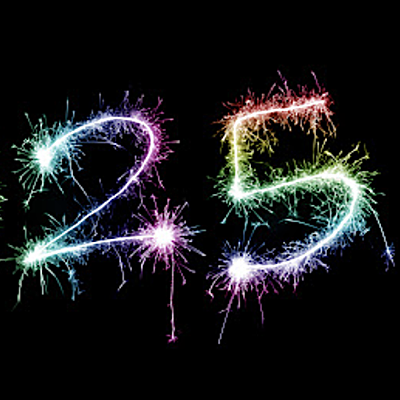Home » Jazz Articles » J.C. Moses
Jazz Articles about J.C. Moses
Kenny Dorham: From 'Round Midnight At The Cafe Bohemia To Matador Revisited

by Chris May
In his mostly sane and admirable book Black Nationalism and the Revolution In Music (Pathfinder Press, 1970), Frank Kofsky describes Kenny Dorham as “house trained." The calculated insult attempts to conflate Dorham's respect for form and structure with an Uncle Tom outlook on the world. Some might say Dorham would have been justified in following (or, rather, anticipating) the example of the writer Stanley Crouch, who on spotting in a Manhattan restaurant a critic who had recently dissed one of ...
Continue ReadingEric Dolphy: At Five Spot to Iron Man Revisited

by Alberto Bazzurro
Riunire in un unico CD di quasi ottanta minuti due capolavori cosa determina? Un capolavoro al quadrato, ovviamente, ed è quanto avviene in questo album semplicemente maestoso, i cui primi tre brani riprendono il live inciso al Five Spot il 16 luglio 1961 dal quintetto da favola riunito per l'occasione da Eric Dolphy, all'epoca trentatreenne, il cui nome iniziava finalmente a circolare con una certa insistenza nel mondo del jazz anche al di là dei colleghi che già ne conoscevano ...
Continue ReadingArchie Shepp, Don Cherry, John Thicai, Don Moore, J.C. Moses: Copenhagen 1963 Revisited. Live Jazzhus Montmartre

by Stefano Merighi
Questo concerto registrato al Jazzhus Montmartre di Copenhagen risale a una settimana esatta prima dell'assassinio di JF Kennedy a Dallas. E già questo colloca il nostro ascolto in un contesto, in un'atmosfera specifica. Ma in quel 1963 venne assassinato anche Medgar Evers (il 12 giugno), tra i più autorevoli attivisti afroamericani, freddato da un suprematista bianco e celebrato in questo disco dal brano di Archie Shepp “The Funeral." Shepp sosteneva che la musica, sempre, è sia un fenomeno ...
Continue ReadingArchie Shepp: Fire Music To Mama Too Tight Revisited

by Chris May
In 2022, it is widely accepted that, when free jazz (aka the New Thing) was in its ascent in New York in the 1960s, there was, despite superficial appearances, no fundamental incompatibility between it and the historical jazz tradition. More contentiously, revisionist historians are now suggesting that there was no real conflict between New Thing and changes-based or modal-based musicians either. They should try telling that to Archie Shepp. In autumn 1966, during the Miles Davis quintet's ...
Continue Reading















